Recent moves by some U.S. lawmakers are exacerbating an already hostile environment for Chinese students, and education experts have warned that this could undermine the United States' technological leadership and global research collaborations.
A group of House Republicans recently introduced a bill that seeks to bar Chinese nationals from receiving any kind of student visas to the U.S., citing "national security" concerns.
This controversial proposal comes amid increasing scrutiny of Chinese students. The House Select Committee on China has also demanded detailed information about Chinese students from Stanford University, the University of Southern California, and several other institutions.
These universities must provide data by April 1 on faculty collaborations with Chinese institutions, research projects involving Chinese students, and screening processes for Chinese applicants to "sensitive" research programs.
The proposal alone would dampen the sentiments of Chinese students and hurt U.S.-China research collaboration, said Eddie West, assistant vice-president for international affairs at California State University Fresno.
Speaking to China Daily, West said that Washington's unpredictability would make families wonder if the bill could become law and disrupt the studies of their wards. "I doubt the bill will become law, and I feel I have a good enough understanding of the political landscape in the U.S. to make that reasoned judgment call," he said.
Chinese students have long played an important role as a source of science, technology, engineering, and mathematics talent in the U.S.. China is the largest country of origin for U.S. foreign STEM students and provides the most STEM PhD candidates to U.S. universities.
At the graduate level, Chinese students comprise 37 percent of international students and 16 percent of all U.S. students in STEM fields, according to a 2020 study by the Center for Security and Emerging Technology.
The U.S. tech industry heavily relies on this talent pool. Nearly 70 percent of Silicon Valley's tech talent — those with a bachelor's degree or higher in technical occupations — are foreign-born, with 18 percent coming from China, according to data released by the think tank Joint Venture Silicon Valley this month.
However, the number of Chinese students in the U.S. has been decreasing, from a peak of about 370,000 in 2019 to around 277,398 in the 2023-24 academic year. This decline follows policies implemented during U.S. President Donald Trump's first term when student visas for Chinese applicants were tightened in certain programs, particularly those involving "sensitive" technologies.
Trump's Presidential Proclamation 10043 in May 2020 canceled more than 1,000 visas held by Chinese graduate students and researchers. The Center for Security and Emerging Technology estimates that 3,000 to 5,000 Chinese students are blocked annually by the proclamation, which remains in effect.
When faced with such hostile policies, students are likely to turn to other countries as alternative study destinations, West said.
He said some students have already informed his university that they are reconsidering or changing their plans to study in the U.S. given the current situation.
Similar concerns are being voiced by other educators. Piali Sengupta, a biologist at Brandeis University in Massachusetts, said on social media platform Bluesky that she had advised an "excellent postdoc candidate from China" to look at labs in Europe or Asia instead.
"Leaving aside the death spiral of science funding and free speech here, hard to recommend coming here on a visa right now. Tragic to lose talent," she wrote in a post following the introduction of the bill.
Eloise Dray, an assistant professor in the Department of Biochemistry and Structural Biology at the University of Texas Health Science Center at San Antonio, expressed her frustration in the face of curbs while recruiting a "very talented young" doctor of medicine from China to her PhD program.
"He would have had a mini scholarship from his government, but mostly paid by the lab. Was told that it is forbidden in Texas. I don't think it's the best time to recruit overseas …," she posted on Bluesky.
The restrictions and unwelcoming environment "does a huge disservice to the importance of collaboration" between the U.S. and China, potentially undermining critical global research addressing shared challenges, West said. "The world needs Chinese and U.S. scientists to cooperate, and one of the single best ways to foster that cooperation is through Chinese students and scholars studying and conducting research in the U.S. — as well as U.S. students and scholars studying and conducting research in China."





























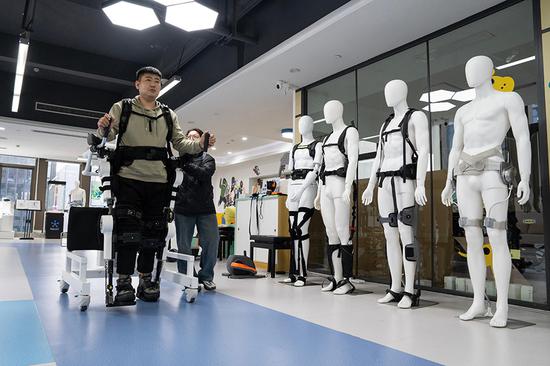

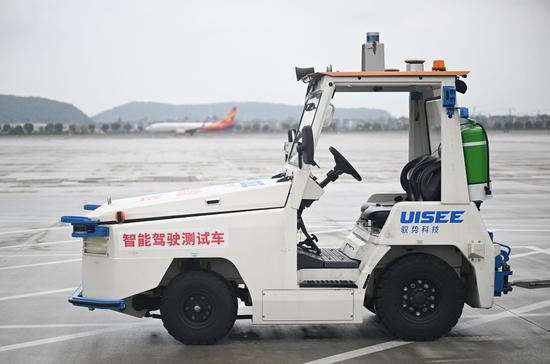

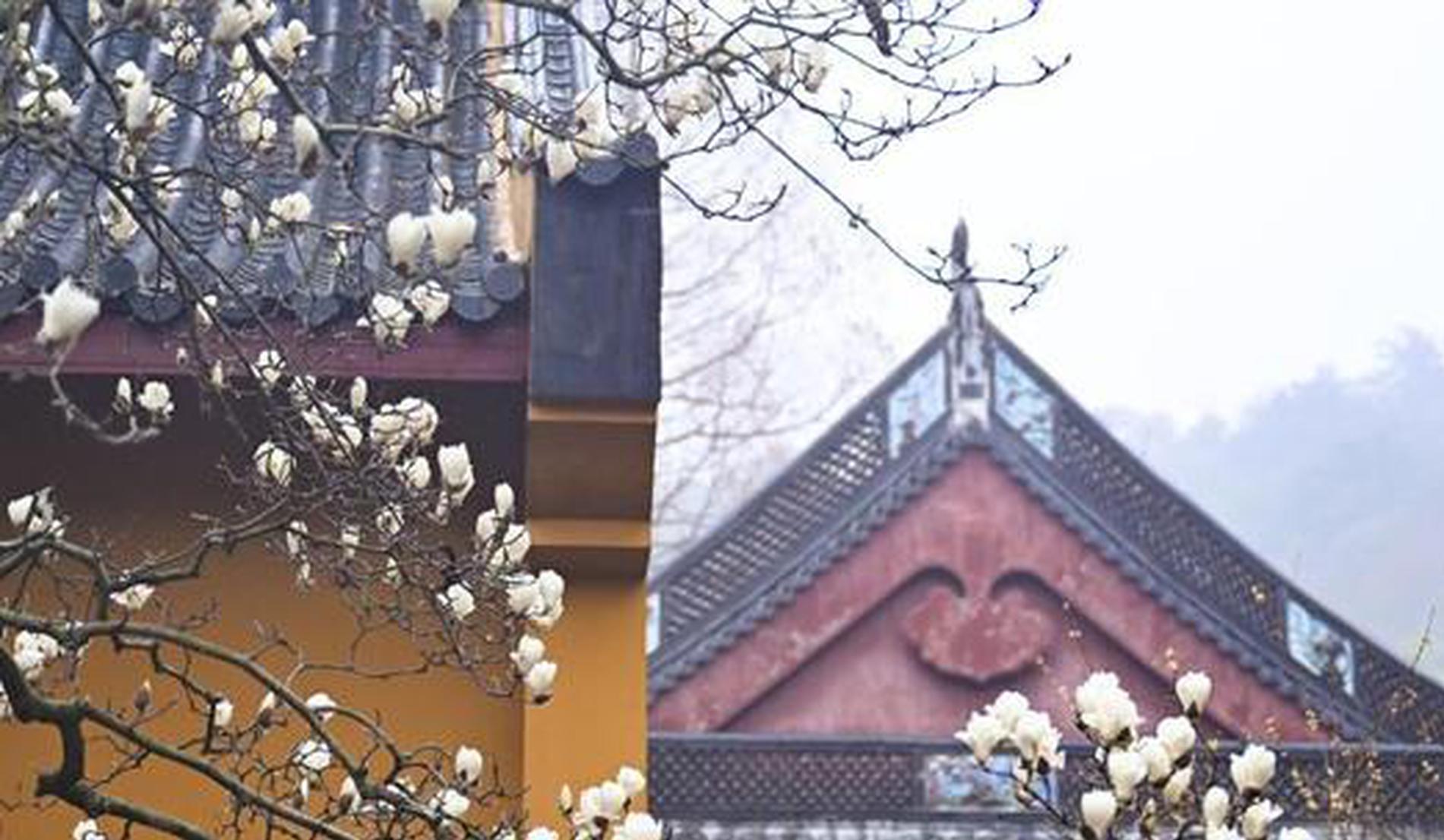
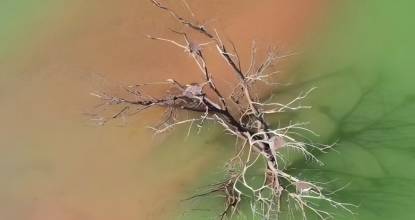

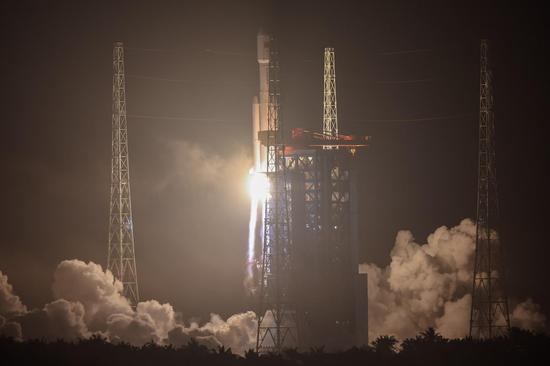


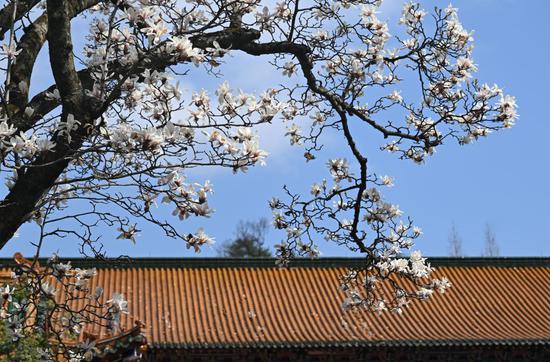
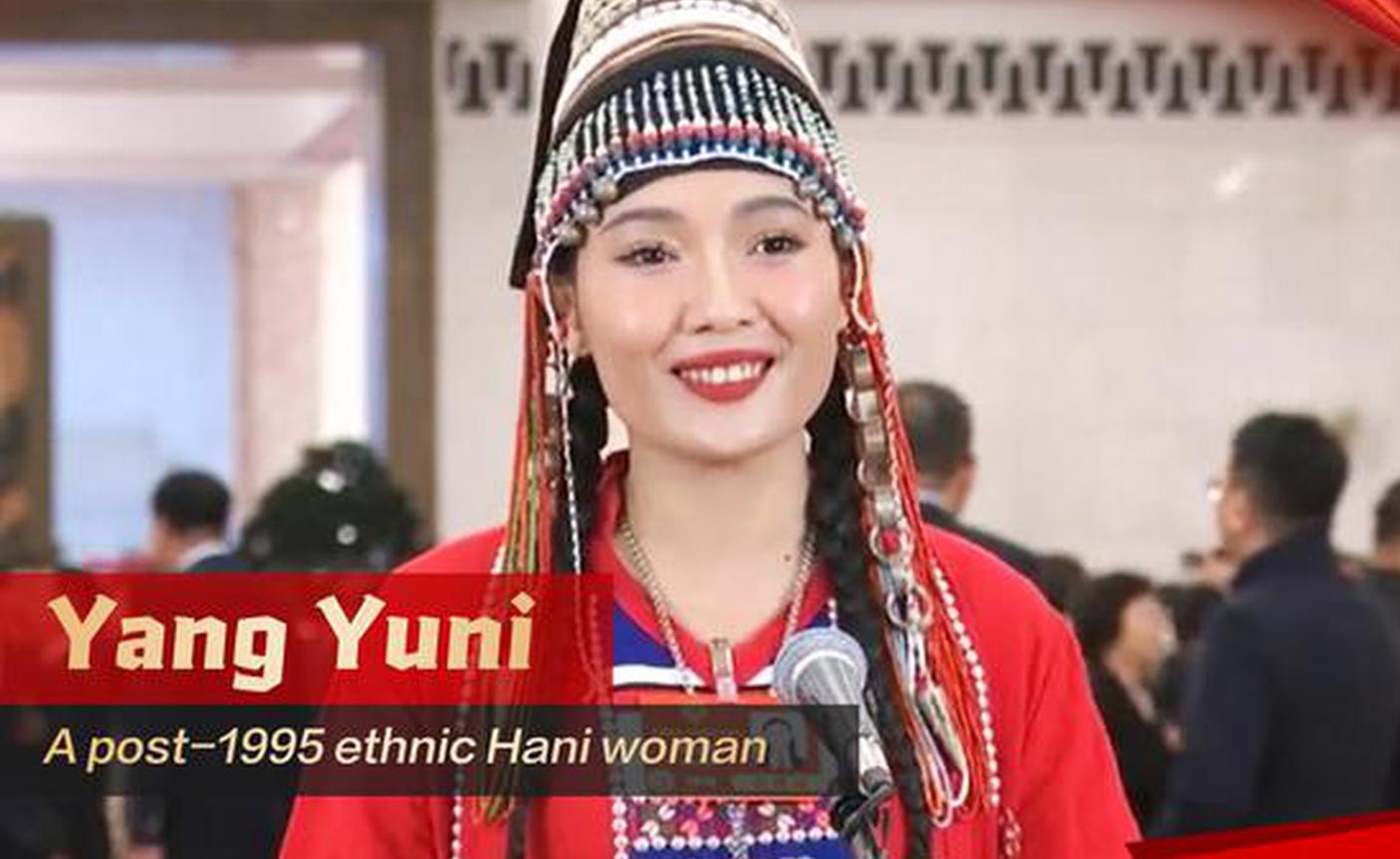
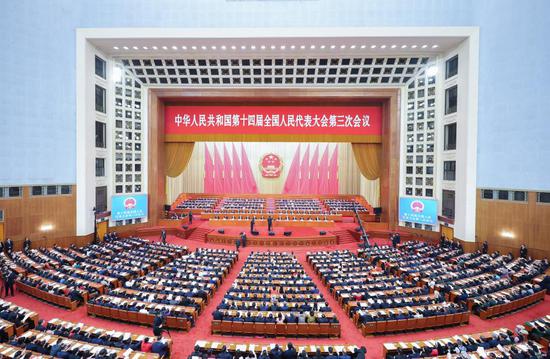






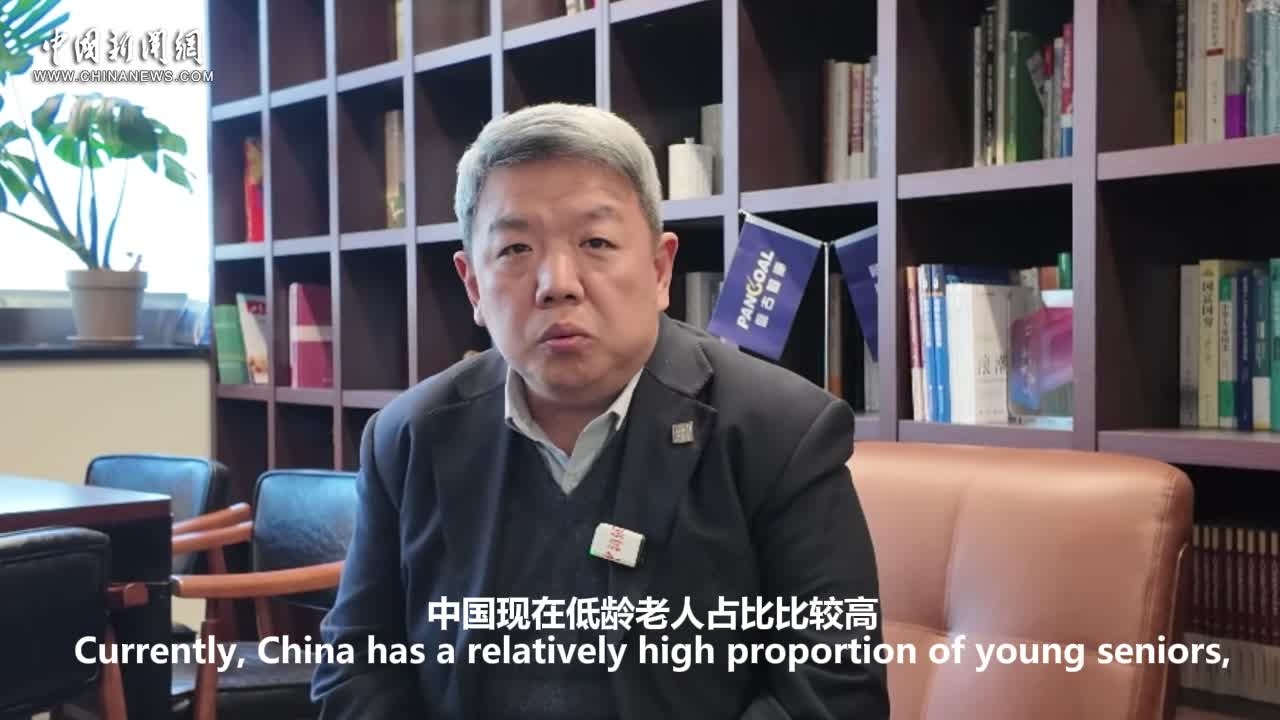

 京公網安備 11010202009201號
京公網安備 11010202009201號